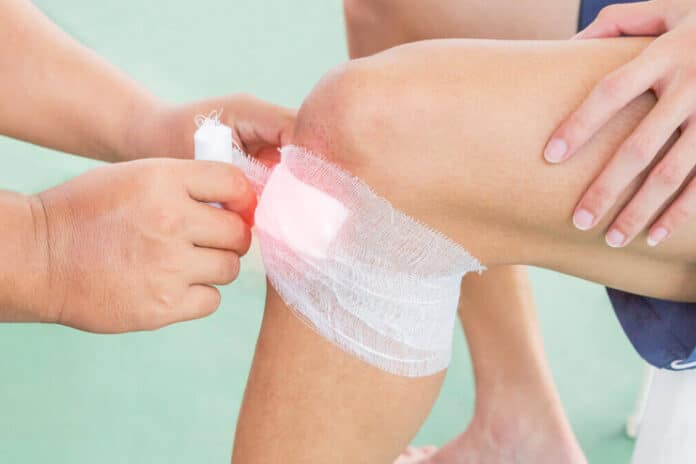Affiliate Disclaimer
Some links in this article are affiliate links. We may earn a small commission if you make a purchase through these links, at no extra cost to you. We only recommend products we find useful to our readersProper wound care is crucial for infection prevention and quick healing. You have the power to make a difference by using the best antiseptics for open wounds. These antiseptics are essential for efficient treatment, eliminating dangerous bacteria, lowering the chance of infection, and encouraging the body’s healing mechanisms.
By incorporating antiseptic treatment into your wound care practices, you take a proactive step towards a clean environment and the best possible recovery. Knowing your alternatives when selecting an antiseptic is empowering, as it can significantly impact how well the wound heals. Understanding the finest antiseptics for open wounds can help to ensure improved health and a quicker recovery, regardless of the severity of the cut.
7 Antiseptics for Open Wounds to Buy
1. Hydrogen Peroxide
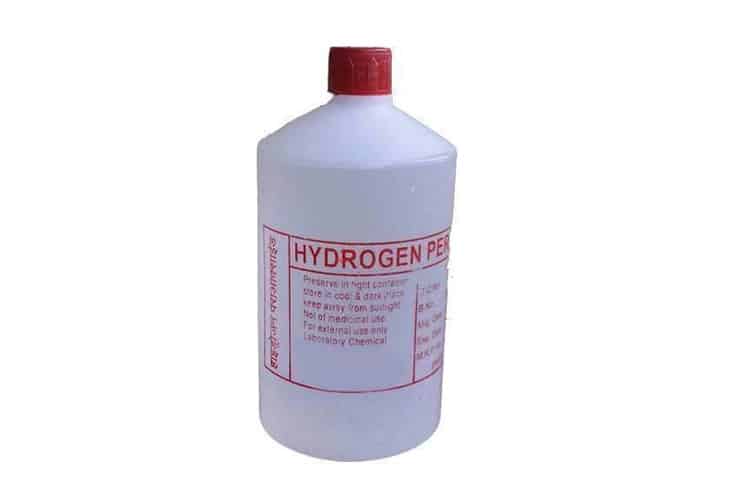
Hydrogen peroxide is a widely used antiseptic for wound cleansing and infection prevention. Its bubbling activity not only assists in removing debris and killing bacteria but also provides a sense of reassurance. The application of hydrogen peroxide releases oxygen, creating an environment where anaerobic bacteria cannot thrive, hence reducing the likelihood of infection.
It’s important to use caution to avoid damaging good tissue and slowing down the healing process. Using hydrogen peroxide in a limited amount, per the instructions provided, can provide a safe and comfortable wound-cleansing experience.
2. Iodine Solution
It is widely acknowledged that iodine solution possesses broad-spectrum antibacterial qualities, making it a reliable instrument for wound treatment. Iodine solution, well-known for its efficacy against bacteria, viruses, and fungi, provides broad protection against various diseases. Its versatility and effectiveness make it ideal for cleansing and disinfecting wounds. Brands such as Betadine, known for their dependability and efficiency in topical administration, have gained widespread popularity.
Using iodine solution prevents infections and helps create a more secure environment for healing. Its powerful antiseptic properties make it a preferred choice for numerous medical professionals and individuals caring for open wounds. By including iodine solution in routine wound care procedures, you can feel confident in improving the likelihood of speedy and risk-free healing.
Next Read: DIY Herbal First Aid Kit: 7 Home Remedies for Common Ailments
3. Alcohol-Based Antiseptics
Alcohol-based antiseptics, particularly isopropyl alcohol, are commonly used for disinfecting minor cuts and abrasions. Antiseptics are a common component of first aid kits because of their remarkable ability to eliminate bacteria in a short amount of time. It is possible to effectively clean the wound area with isopropyl alcohol, reducing the likelihood of infection and promoting a more secure healing process.
On the other hand, it is essential to keep in mind that isopropyl alcohol has the potential to cause dryness and may result in a stinging sensation when applied to an open wound. Even with these downsides, alcohol-based antiseptics remain a popular and efficient alternative for wound disinfection in a short amount of time. They help ensure that minor injuries are treated promptly and appropriately.
Next Article: 8 Top Notch Cold Therapy Machines – Reviews & Buying Guide
4. Chlorhexidine
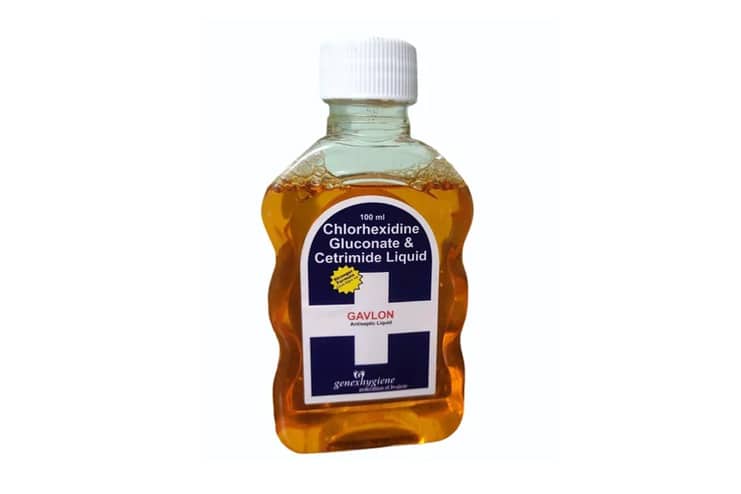
Chlorhexidine is a highly effective wound antiseptic frequently used in surgical settings and to treat open wounds. Because its antibacterial action lasts for an extended period, it is the method of choice for healthcare professionals to prevent infections during surgical procedures and provide continuing wound care.
The capacity of chlorhexidine and surgical antiseptics to eliminate a wide variety of bacteria makes it possible to create a sanitary and risk-free environment for wound healing.
It is frequently used to disinfect surgical sites and equipment in medical settings, demonstrating its dependability and effectiveness. We suggest using products such as Hibiclens in the home because of their demonstrated efficacy and ease of use. Including chlorhexidine in wound care routines guarantees the wound is thoroughly disinfected and promotes a faster and safer healing process.
Next Article to Read: 10 Ultimate Ways to Boost Immunity for Healthy Living
5. Silver-Containing Antiseptics
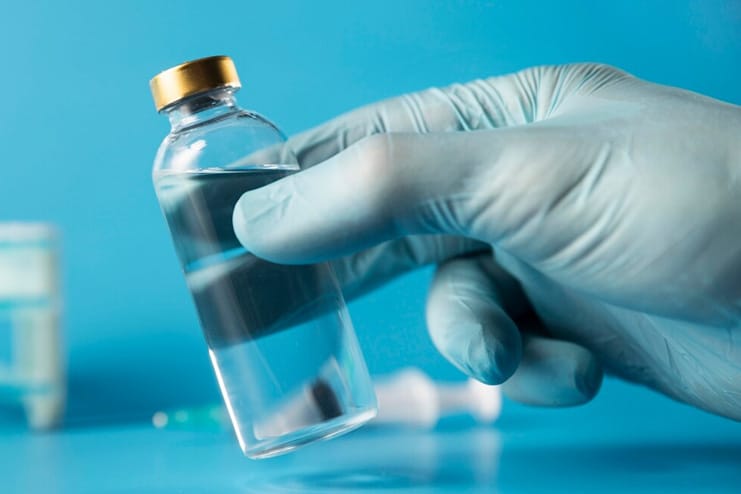
Silver-containing antiseptics, such as silver sulfadiazine, are highly effective in wound care due to their potent antimicrobial properties. Silver damages the cell membranes of bacteria to prevent infections in open wounds and burns. In these circumstances, products such as silver sulfadiazine cream are beneficial since they provide a dependable barrier against infections or bacteria.
This cream is utilized in medical and surgical settings because it prevents disease and aids wound healing. Antiseptics containing silver not only hasten the healing process but also reduce the likelihood of complications by ensuring the surrounding environment remains sterile. Utilizing wound care regimens that include products such as silver sulfadiazine guarantees thorough protection and promotes recovery.
6. Tea Tree Oil
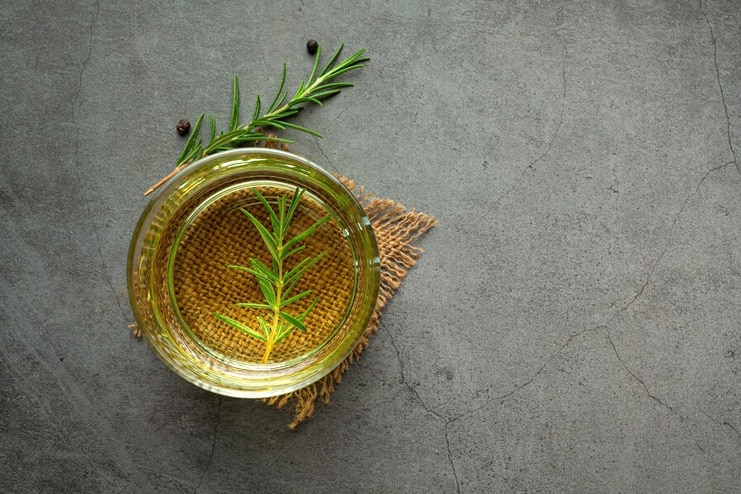
Tea tree oil is a natural antiseptic renowned for its antibacterial and anti-inflammatory properties. Its ability to soothe the skin and promote a more comfortable healing process is also an excellent choice for treating minor cuts and abrasions.
In addition to preventing infections, this product’s natural makeup makes it a popular alternative to synthetic antiseptics, particularly among individuals looking for less harsh wound care choices.
However, diluting tea tree oil with a carrier oil, such as olive or coconut oil, is essential to prevent skin irritation. This ensures that tea tree oil’s antibacterial properties are administered efficiently and securely, offering a natural yet potent alternative.
Related Article: Important Benefit of Tea Tree Oil for Hair
7. Polyhexamethylene Biguanide
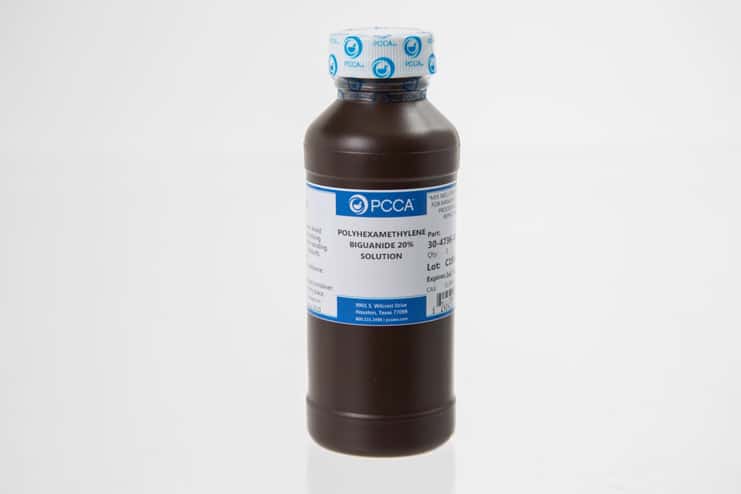
Polyhexamethylene biguanide, often known as PHMB, is a contemporary antiseptic that is well-known for its broad-spectrum antibacterial capabilities. This makes it an essential component in treating advanced wound care. PHMB is utilized extensively in producing wound dressings and solutions, which provide efficient therapy for acute and chronic wounds. Its ability to fight against a wide variety of pathogens guarantees that wounds will not become infected, leading to improved healing circumstances.
One critical advantage of PHMB is its low cytotoxicity rating, which indicates that it is much less likely to damage healthy tissue than other antiseptics. Because of this, PHMB is a popular option in medical settings, where it is essential to preserve the integrity of the skin surrounding the affected area to achieve the best possible recovery. Using PHMB in wound care routines improves the healing process while reducing the risk of adverse effects.
Conclusion
An appropriate antiseptic for open wounds is essential for efficient wound care and infection control. The proper antiseptic selection can significantly speed up the healing process by eliminating dangerous microbes and keeping the wound environment clean. Over-the-counter remedies such as iodine solution, hydrogen peroxide, and silver-containing antiseptics can be helpful for small wounds.
Visit a healthcare professional for larger or non-healing wounds. Proper wound care, including thoughtfully selecting and applying antiseptics, can prevent infections and encourage quicker recovery. By being aware of and using the best antiseptics for open wounds, people may guarantee the most significant possible healing and lower the risk of complications.













